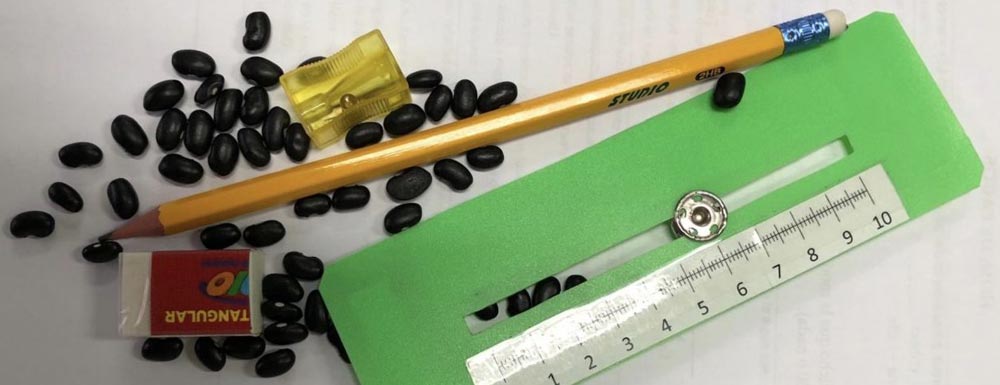Decisions, Education, Networks and Teenagers
Abstract
The world economy is facing enormous challenges in the coming decades. Phenomena like the ecological and energy transition to mitigate climate change, and an increasing automation of the economy are bringing and will bring large shocks to the economy and society. Predicting the effects of those changes and policies to deal with them effectively is complicated by two specific characteristics: the increasing integration of the economies and societies means that effects can migrate quickly from one place in the world to very unexpected places (think of the impact of viruses originating in Wuhan or mortgages in the Southern US for the great recession). And in part because of the interconnections and also because of the novelty of the shocks, the uncertainty associated to the effects is both large and fuzzy. The objective of this project is precisely to develop tools to understand economies with strong and diverse interconnections and with large and badly defined uncertainties.
We first study experimentally the effect of badly defined (a.k.a. ambiguous) uncertainty on groups of people who must make complementary investments to reach a common goal. One can think of innovation and climate change mitigation as applications. Because it is difficult to learn about this in the field, we propose an experimental method, where we will test in a large representative sample of the population how they are affected by ambiguous uncertainty in their propensity to invest. Having a large sample and detailed sociodemographic information about participants will allow to find out if the effect is different in different sectors of the population.
We then study theoretically the transmission of shocks and social norms in complex social networks. In terms of shock transmission, or focus will be on the effect on the social network that forms in equilibrium of the fact that the contractual relationships created by some members have spillovers with respect to other members in case the contract fails. In terms of the transmission of social norms, our focus will be on the role of leadership and followership on the spread of social norms. We plan to study this problem theoretically, and to have an empirical application to the spread of preoccupation with climate change through science, media, politicians and regulators.
The third leg of our project deals with applied social network analysis in companies and schools. This part of the work starts from the realization that, as in the first subproject, individuals need others to make their efforts come to fruition. And this means that there are complementarities in the efforts of some actors and others. Within this context, we want to apply theoretical ideas developed in our previous work and estimate the models with data from a technological hub, on the one hand, and a survey of school-age children on the others.
The final part of our work will study how social interactions in schools shape the way children develop, mature and learn. This part of our work deepens and connects the previous parts. We will collect data on a very large number of schools and students. We will be able to map their social connections with a high degree of accuracy. This will allow us to trace how their conduct at school and out of school is related to their social connections. We will also be able to run experiments to figure out the relationship between the childrens strategic decisions and the impact of social structure.
Presupuesto: 340.814,00 €
- Keywords
- data analysisexperimentsSocial networksTeenagers
- Principal Investigators
- Funder
- Spanish Ministry of Science, Innovation and Universities
